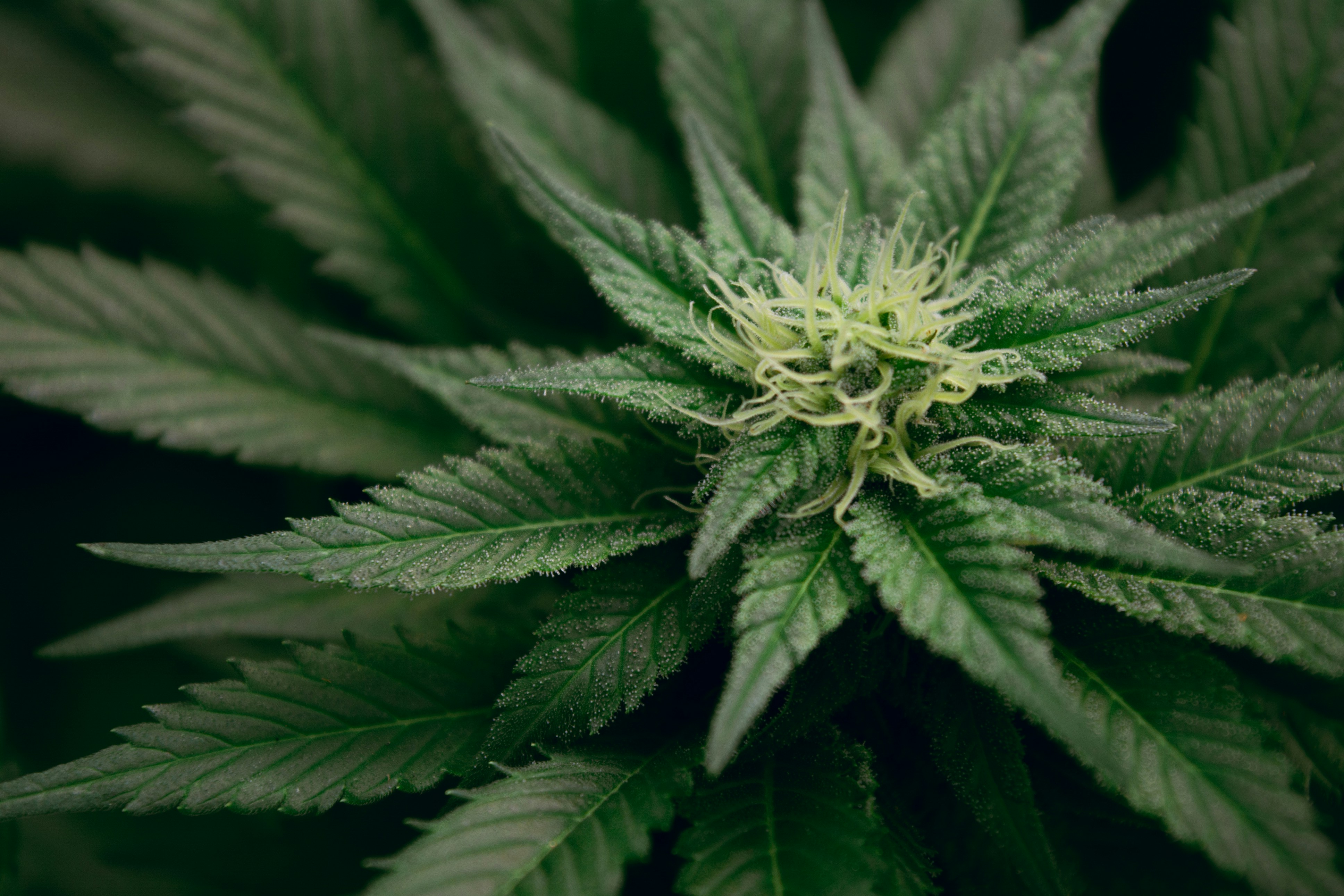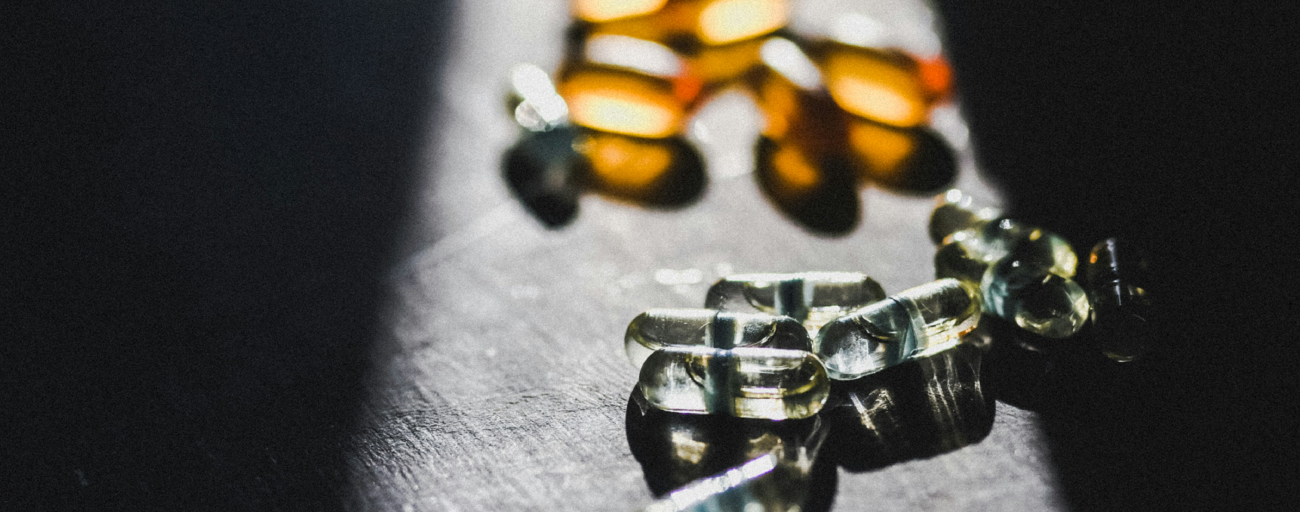
We seek to understand the causes, course, and consequences of substance use problems, particularly cannabis and opioid use. My current research projects involve (a) documenting the effects of cannabis use on cognitive function, mental health, and physical health using longitudinal data, (b) examining the effects of cannabis legalization on public health using statewide electronic health records, and (c) testing associations between wastewater levels of opioids and rates of opioid overdoses.
Join the Lab!
If you are interested in becoming a research assistant in the Substance Use, Health, and Behavior Lab, please send the following information to Dr. Meier:
1. Your name, year in school, major, and email address
2. Could you be a member of the lab for at least two semesters?
3. Are you interested in graduate school? What do you want to do for a career?
4. Why do you want to join the lab?
5. What can you bring to the team?
Principal Investigator
Madeline Meier is an associate professor in the Department of Psychology at Arizona State University. She received her PhD from the University of Missouri; completed her clinical internship at the Durham Veterans Affairs Medical Center; and completed her postdoctoral training at Duke University. Her research uses prospective longitudinal and case-control designs to understand the causes, course, and consequences of problematic substance use, primarily cannabis use and, most recently, opioid use. Her main interests involve understanding how substance use affects both mental health and physical health across the lifespan. Curriculum Vitae.
Select Publications
Below are a sample of recent publications from Dr. Meier's research and lab.
Meier, M.H., Olive, M.F., Jenks, O.A., & Wernik, S.R. Cannabis use and cognitive functioning across the lifespan. (2024). Current Addiction Reports, 11, 384-395.
Meier, M.H., Hummel, H., & Miller, M.L. Trends in cannabis-related hospitalizations in Arizona from 2016-2021 and associations with mental health-related hospitalizations. Journal of Studies on Alcohol and Drugs. https://doi.org/10.15288/jsad.23-00379.
Meier, M.H., Elliott, M.L., & Knodt, A.R. Findings of no change in medical cannabis users’ fMRI-based brain activation have limited implications for actual brain function given the poor test-retest reliability of task-fMRI measures: A reply to Burdinski et al. (2024). JAMA Network Open, October 18, 2024
Meier, M.H., Meier, M.A., Anderson, S.F., Schaeffer, A., Waddell, J., Roman, B.A., Poling, S.L., and Barton, E.A. (2023). The effects of the 4/20 cannabis holiday and adult-use cannabis legalization on medical cannabis sales and medical cannabis patient registration in Arizona. International Journal of Drug Policy, 114, 103974.
Meier, M.H., Caspi, A., Ambler, A., Hariri, A.R., Harrington, H.L., Hogan, S., Houts, R., Knodt, A., Ramrakha, S., Richmond-Rakerd, L.S., Poulton, R., & Moffitt, T.E. (2022). Preparedness for healthy aging and polysubstance use in long-term cannabis users: A population-representative longitudinal study. Lancet Healthy Longevity, 3: e703–14.
Meier, M.H., Caspi, A., Knodt, A., Hall, W., Ambler, A., Harrington, H.L., Hogan, S., Houts, R., Poulton, R., Ramrakha, S., Hariri, A.R., & Moffitt, T.E. (2022). Long-term cannabis use and cognitive reserves and hippocampal volume in midlife. American Journal of Psychiatry, 179, 362-374.
Okey, S.A., Castro, S.A., Waddell, J.T., Jones, C.B., Blake, A.J., O’Rourke, H.P., Davis, M.C, & Meier, M.H. (2022). Are recreational cannabis laws associated with declining medical cannabis program enrollment in the US? An analysis of cardholder enrollment and demographic characteristics from 2013 to 2020. International Journal of Drug Policy, 100, 103531.
Published Commentaries on Dr. Meier’s research
- The Editors. (2023). 2022 Articles of Import and Impact. American Journal of Psychiatry, 180 (1).
- Hasin, D. (2022). Long-term cannabis use and preparedness for ageing. The Lancet Healthy Longevity, 3(10), e645-e646.
- Conrod, P. J. (2022). Cannabis and brain health: What is next for developmental cohort studies? American Journal of Psychiatry, 179(5), 317-318.
- Heckers, S. (2017). JAMA Psychiatry 2016 Year in Review. JAMA Psychiatry, 74, 439-440. (This article lists Meier et al., 2016 as one of the top three most talked about papers of 2016 in JAMA Psychiatry.)
- Dickson, D. (2014). Zeroing in on early cognitive development in schizophrenia. American Journal of Psychiatry, 171, 9-12.
- Malaspina, D. (2013). Looking schizophrenia in the eye. American Journal of Psychiatry, 170(12), 1382-1384.
Watch Dr. Meier speak
- Marijuana and Cannabinoids. A Neuroscience Research Summit. (2016). National Institute on Drug Abuse. https://videocast.nih.gov/summary.asp?Live=18464&bhcp=1 Dr. Meier speaks at 2:36:50
- Marijuana and America’s Health: Questions and Issues for Policy Makers. (2019). United States Senate. https://www.drugcaucus.senate.gov/hearings/marijuana-and-americas-health-questions-and-issues-for-policy-makers/. Dr. Meier speaks at 1:40:00.
Select Media Coverage
- The Late Show with Stephen Colbert covers Dr. Meier’s work on physical health effects of long-term cannabis use. https://www.youtube.com/watch?v=ngoJnWmUXns
- “Teens Who Use Concentrated Marijuana More Likely to Use Other Drugs” (2019). NBC News. https://www.nbcnews.com/health/kids-health/teens-who-use-concentrated-marijuana-more-likely-use-other-drugs-n1045961
- “Many teens Are Using Ultra-Potent Marijuana Concentrates” (2019). Livescience. https://www.livescience.com/marijuana-concentrates-teen-use.html
- “Study Finds Youth Cannabis Use Not Linked to Adult Brain Structure” (2019). Leafly. https://www.leafly.com/news/health/study-finds-youth-cannabis-use-not-linked-to-adult-brain-structure
- “Another Great Marijuana Lie: “Dabs” Are Bad and Most Cannabis Consumers Prefer Less THC, Study Finds” (2020). Forbes. https://www.forbes.com/sites/chrisroberts/2020/09/03/another-great-marijuana-lie-dabs-are-bad-and-most-cannabis-consumers-prefer-less-thc-study-finds/#465ec6edce70
- “Long-Term Regular Cannabis Users Showed Cognitive Deficits at Midlife in 45-Year Study” (2022). Brain and Behavior Research Foundation. https://www.bbrfoundation.org/content/long-term-regular-cannabis-users-showed-cognitive-deficits-midlife-45-year-study
- Conrod, P. J. (2022). Cannabis and brain health: What is next for developmental cohort studies? American Journal of Psychiatry, 179(5), 317-318.
- “Long-term Cannabis Use Linked to Dementia Risk Factors” (2022). Medscape. https://www.medscape.com/viewarticle/972160

